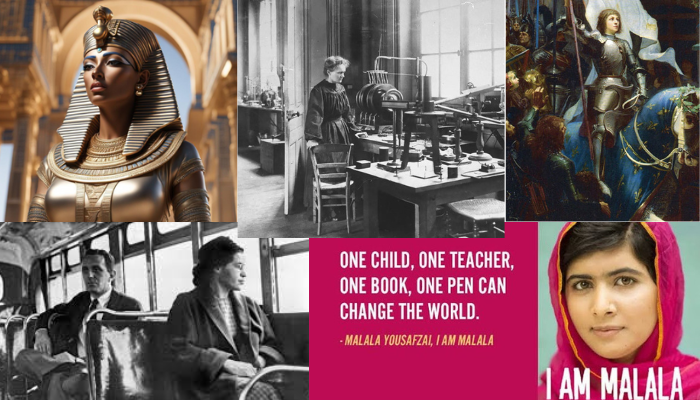Cleopatra: The Last Pharaoh of Egypt

- Intelligent and Politically Savvy
Cleopatra VII was not just a symbol of beauty; she was a master politician. Fluent in several languages, she was able to directly communicate with diplomats and leaders from other nations. She ruled Egypt with great intellect, proving her leadership in a male-dominated world. - Strategic Alliances with Powerful Romans
Cleopatra formed key alliances with Julius Caesar and later, Mark Antony.
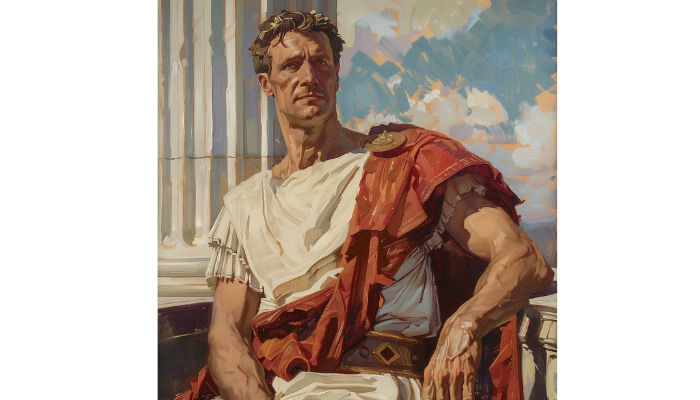

These relationships helped her protect her throne and Egypt’s independence. By aligning herself with
Contents
two of the most influential Romans of her time, Cleopatra strengthened her political power.
- Her Reign and Tragic Death
Cleopatra’s reign came to an end in 30 BCE after she and Mark Antony were defeated by Octavian (later Augustus Caesar) at the Battle of Actium. Rather than be captured, she famously chose to end her life, reportedly by letting an asp (a venomous snake) bite her. This moment marked the end of Egypt as an independent kingdom.
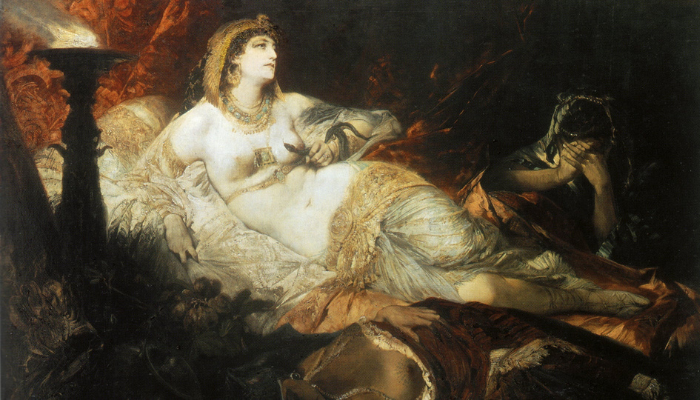
- Her Lasting Legacy
Despite her tragic end, Cleopatra remains one of the most well-known figures in history. She is remembered not only for her beauty but also for her intelligence, political awareness, and influence. Cleopatra’s story continues to inspire books, movies, and artwork, keeping her legacy alive.
Joan of Arc: The Maid of Orléans
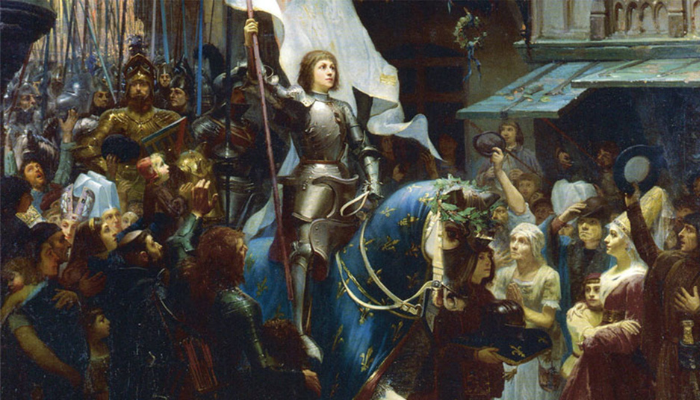
- A Visionary Leader
Joan of Arc, born around 1412, claimed to have received visions from saints instructing her to support Charles VII and recover France from English domination. Her strong faith and conviction inspired many during a time of great turmoil and uncertainty. - The Siege of Orléans
In 1429, Joan played a crucial role in lifting the Siege of Orléans, which was a turning point in the Hundred Years’ War. Her leadership and strategic insights helped rally the French troops, leading to a significant victory against the English forces. This triumph boosted the morale of the French and solidified her position as a national heroine.
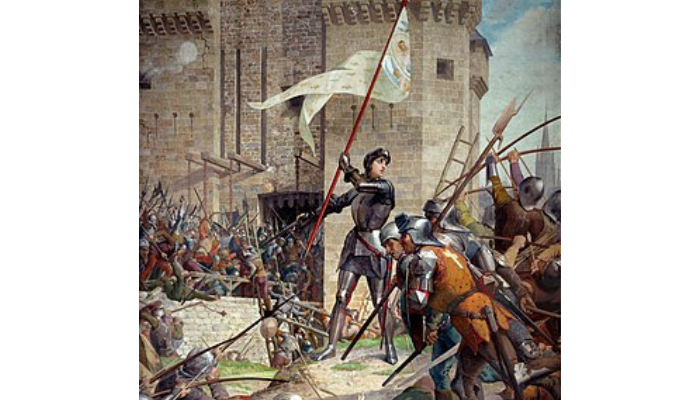
- Coronation of Charles VII
Following the victory at Orléans, Joan convinced Charles VII to be crowned king at Reims. Her presence at the coronation solidified her importance in French history and underscored her mission to restore the rightful king to the throne, giving the French hope in a desperate time. - Trial and Martyrdom
In 1430, Joan was captured by Burgundian forces and handed over to the English. She was put on trial for charges including heresy and witchcraft. Joan was burned at the stake in 1431 at the age of 19. She was later exonerated and canonized as a saint in 1920, symbolizing her lasting legacy as a martyr and a symbol of courage.
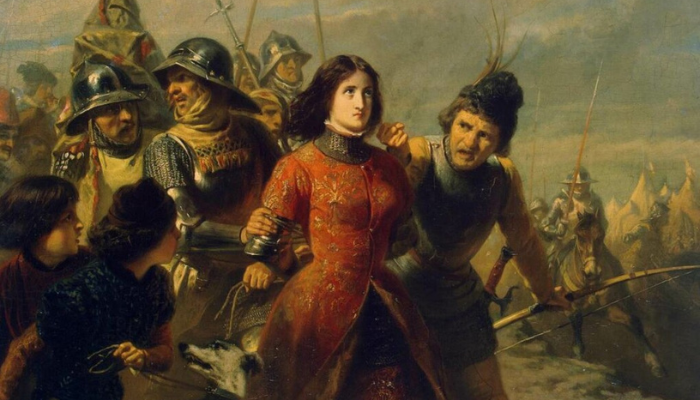
- Enduring Legacy
Joan of Arc’s bravery and determination have made her a symbol of strength and resilience. She is celebrated as a national heroine in France and is often seen as a feminist icon. Her story continues to inspire various forms of art, literature, and film, ensuring her place in history.
Marie Curie: Pioneering Scientist
- Early Life and Education
Born in Warsaw, Poland, in 1867, Marie Curie was the youngest of five children. She displayed a keen intellect from a young age, excelling in her studies. In pursuit of education, she moved to Paris to attend the University of Sorbonne, where she studied physics and mathematics. Despite facing financial hardships and gender barriers, she persevered and excelled academically.
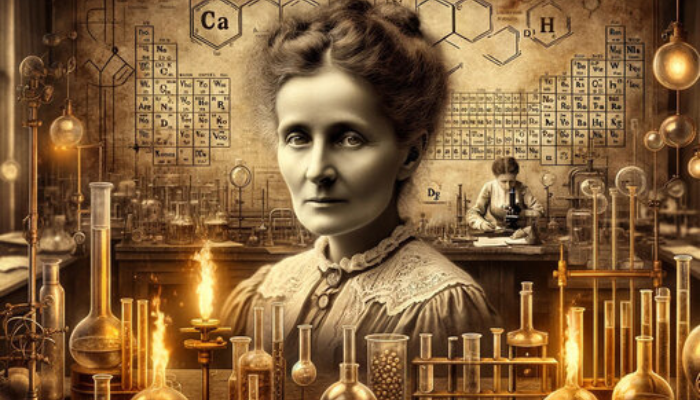
- Discovery of Radioactivity
Alongside her husband Pierre Curie, Marie conducted groundbreaking research on radioactivity, a term she coined. Their work led to the discovery of two new elements: polonium and radium. This discovery was revolutionary, covering the way for significant advancements in medical treatments and nuclear physics.

- Nobel Prizes
Marie Curie made history as the first woman to win a Nobel Prize and remains the only person to win Nobel Prizes in two different scientific fields: Physics (1903) and Chemistry (1911). Her achievements not only broke gender barriers but also solidified her legacy in the scientific community. - Impact on Medicine
Curie’s research on radioactive isotopes opened new avenues for cancer treatment. Her pioneering work led to the development of radiation therapy, which has saved countless lives. Marie also established mobile radiography units during World War I to provide X-ray services to wounded soldiers, showcasing her dedication to using science for humanitarian purposes.
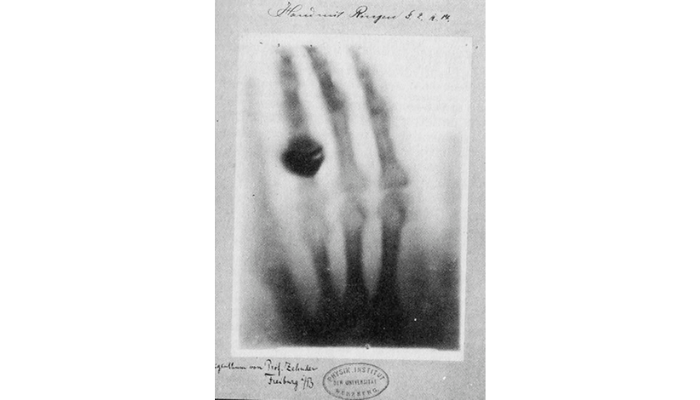
- Legacy and Recognition
Marie Curie’s contributions to science and society have left a lasting impact. She inspired future generations of women to pursue careers in science, breaking down gender stereotypes. Her name lives on in institutions, awards, and even the Curie scale, which measures radiation. In 1979, the Nobel Prize recognized her work’s significance by establishing the Marie Curie Fellowship, supporting women in scientific research.
Rosa Parks: The Mother of the Civil Rights Movement
- Early Life and Background
Rosa Parks was born on February 4, 1913, in Tuskegee, Alabama. Growing up in the segregated South, she experienced firsthand the harsh realities of racial discrimination. Her upbringing instilled in her a strong sense of justice and equality. Parks attended a segregated school and later became involved in civil rights activism, joining the NAACP in 1943. - The Montgomery Bus Boycott
On December 1, 1955, Rosa Parks made a courageous decision that would change history. When asked to give up her seat to a white passenger on a segregated bus in Montgomery, Alabama, she refused. This act of defiance led to her arrest and sparked the Montgomery Bus Boycott. The boycott lasted over a year and was a pivotal moment in the civil rights movement, showcasing the power of peaceful protest.
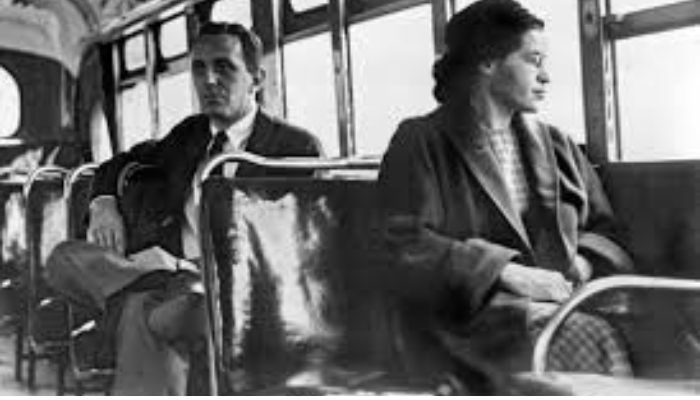
- Role in the Civil Rights Movement
Parks became an iconic figure in the struggle for civil rights. Her refusal to conform to segregation laws inspired others to take a stand against injustice. She worked alongside prominent leaders like Martin Luther King Jr. and became known as “the mother of the civil rights movement.” Her actions helped to motivate a nationwide movement for racial equality. - Legacy and Recognition
Rosa Parks received numerous awards and honors for her contributions to civil rights, including the Presidential Medal of Freedom and the Congressional Gold Medal. Her bravery and determination have inspired generations to fight against oppression and inequality. Parks’ legacy continues to influence activists today, reminding us of the importance of standing up for justice. - Continued Impact
Rosa Parks’ story serves as a powerful reminder of the impact one person can have on society. Her legacy is celebrated every year on Rosa Parks Day, and her actions are taught in schools to educate future generations about the importance of civil rights and social justice. Parks’ unwavering commitment to equality has made her an enduring symbol of resistance against racial injustice.
Malala Yousafzai: The Voice of the Voiceless
- Early Life and Background
Malala Yousafzai was born on July 12, 1997, in Mingora, Pakistan. She grew up in the Swat Valley, an area known for its breathtaking beauty but also for the challenges girls faced in accessing education. Inspired by her father, who was an educator and activist, Malala developed a passion for learning from an early age.
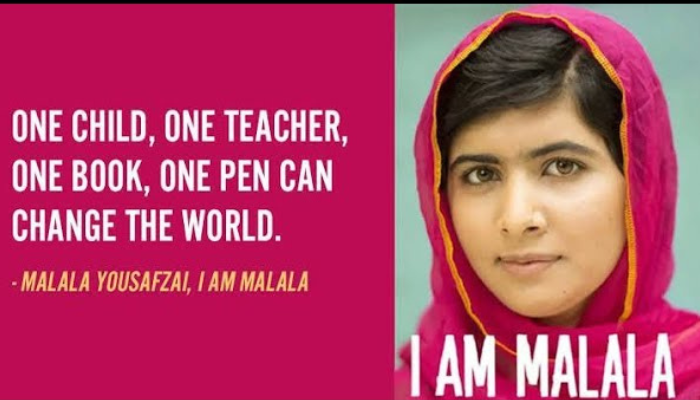
- Advocacy for Education
Malala began speaking out for girls’ education when she was just 11 years old. She started writing a blog for the BBC Urdu under a pseudonym, sharing her experiences and the dangers girls faced in pursuing education under Taliban rule. Her courageous voice gained international attention and inspired many to advocate for girls’ rights to education. - The Attack and Recovery
On October 9, 2012, Malala was targeted by the Taliban for her activism. A gunman shot her while she was on a school bus, leaving her critically injured. The attack sparked outrage worldwide and highlighted the challenges faced by those who dare to speak out against oppression. After receiving treatment in the UK, Malala made a remarkable recovery and continued her advocacy. - Global Impact and Recognition
Malala co-authored the memoir “I Am Malala,” which further amplified her message. In 2014, she became the youngest-ever Nobel Prize laureate, receiving the Nobel Peace Prize for her efforts to promote education for girls worldwide. Her courage and determination have inspired millions to fight for their rights and the rights of others. - Continued Activism and Legacy
Today, Malala is a prominent advocate for education and women’s rights. She co-founded the Malala Fund, a nonprofit organization that aims to ensure every girl has the opportunity to achieve a secondary education. Her work continues to impact policy changes and improve access to education for girls in various countries, reminding us of the importance of perseverance in the face of adversity.
Here’s a table summarizing the key points about each influential woman discussed in the article “Unforgettable Women Who Shaped History: Legends, Leaders, and Innovators”:
| Name | Time Period | Key Contributions | Legacy |
|---|---|---|---|
| Cleopatra | 69-30 BC | Last Pharaoh of Egypt; formed alliances with Julius Caesar and Mark Antony. | Symbol of intelligence and political power. |
| Joan of Arc | 1412-1431 | Led French forces during the Hundred Years’ War; inspired by divine visions. | Icon of bravery and faith; martyr for French nationalism. |
| Marie Curie | 1867-1934 | First woman to win a Nobel Prize; researched radioactivity, winning two Nobel Prizes. | Pioneer for women in science; symbol of scientific achievement. |
| Rosa Parks | 1913-2005 | Refused to give up her bus seat, sparking the Montgomery Bus Boycott. | Catalyst for the Civil Rights Movement; symbol of resistance. |
| Malala Yousafzai | 1997-present | Advocated for girls’ education after surviving a Taliban attack. | Global advocate for education; youngest Nobel Prize laureate. |

